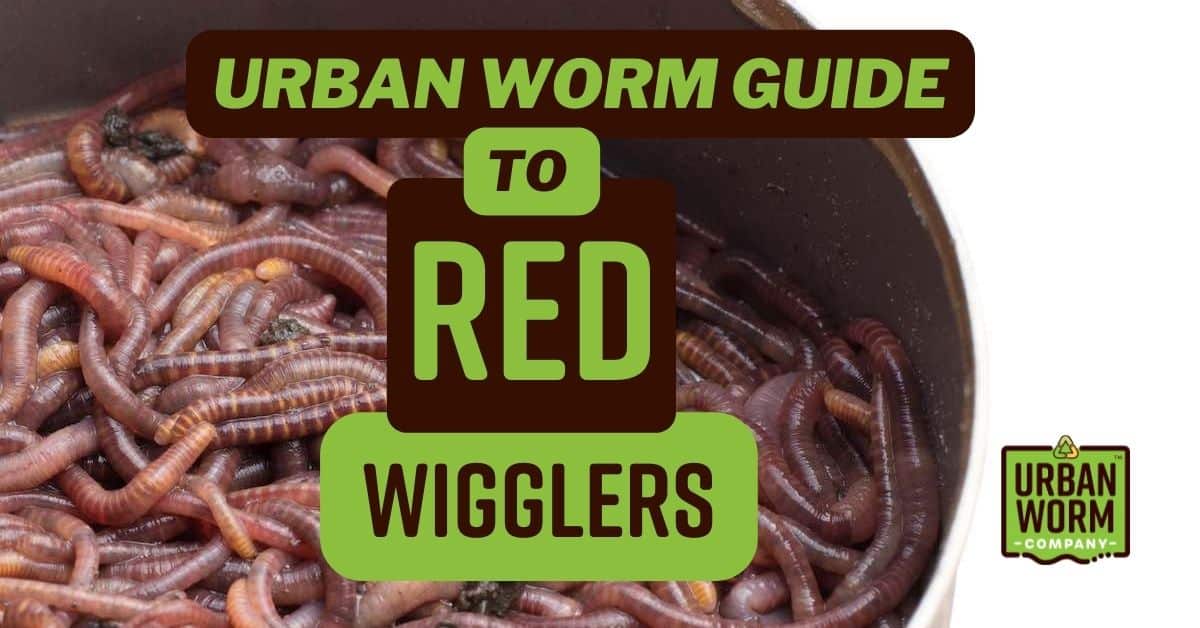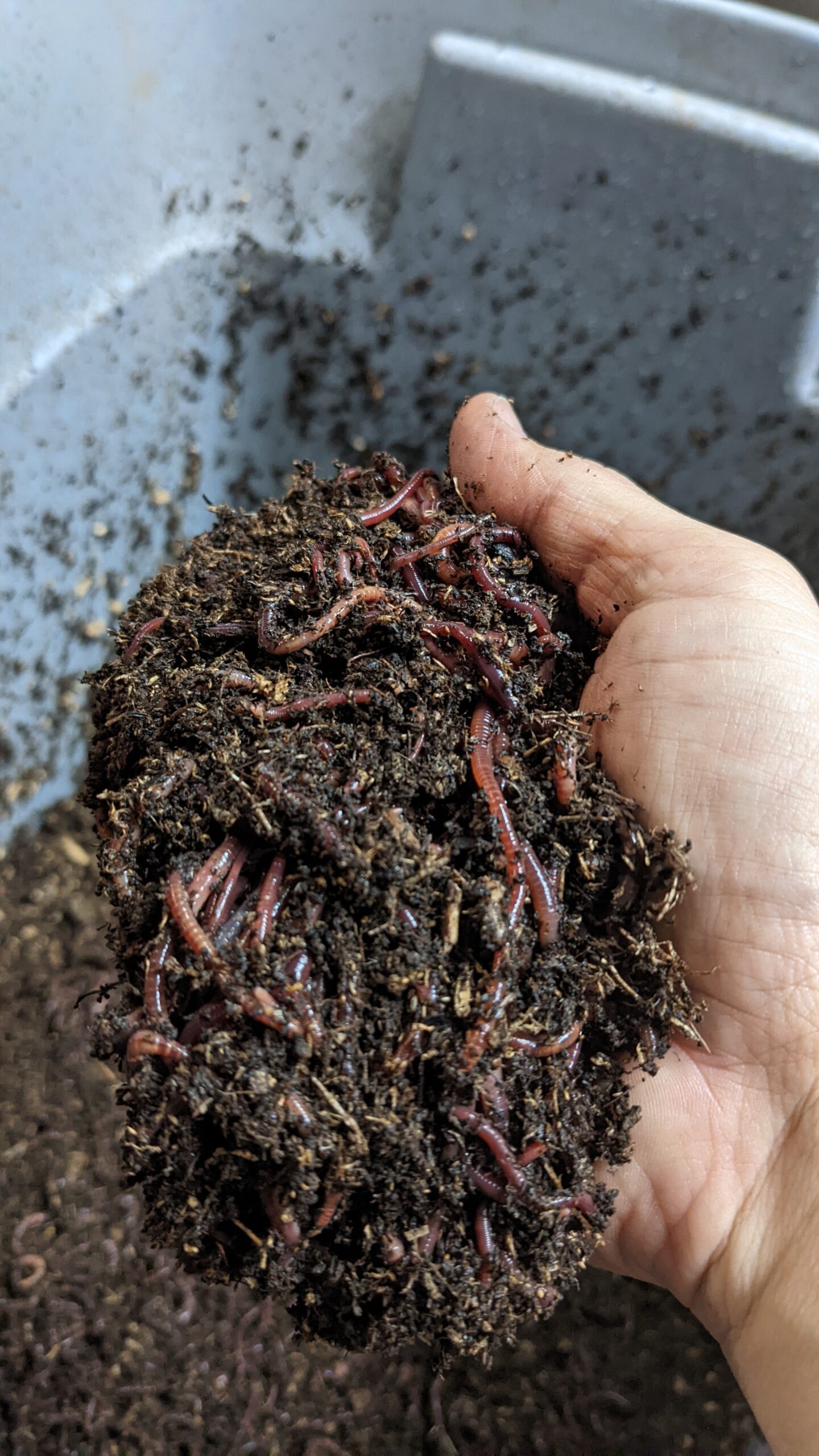The Definitive Guide for Red Wiggler Express
The Definitive Guide for Red Wiggler Express
Blog Article
Excitement About Red Wiggler Express
Table of ContentsRed Wiggler Express Things To Know Before You Get ThisThe Of Red Wiggler ExpressA Biased View of Red Wiggler ExpressHow Red Wiggler Express can Save You Time, Stress, and Money.Red Wiggler Express Can Be Fun For Anyone
It's safe to claim this stuff would certainly have been excellent to add as a to vermicomposting systems! And the thriving Red Worm populace? It just never ever occurred. Also in the load that was established up directly before backyard composters with existing Red Worm nests. These nutritionally-boosted wood chip habitats are absolutely filled with Lumbricus sp.
Many ranges, consisting of Red Wigglers, European Nightcrawlers, and Lumbricus varieties were brought over from the European continent. Right here's the thingNative or not - and as skilled as they are at being able to survive in a wide-range of atmospheres and problems -. In various other words, they are far extra likely to hang around in any type of active composting systems you have established up, than they are to wander off and begin wrecking the atmosphere.
Origins call for oxygen for respiration and count on smooth airflow within the soil to thrive. When it rainfalls, dirt can end up being saturated with water, minimizing the oxygen offered and impeding nutrient absorption. To maintain an optimum equilibrium, the soil needs to permit water to drain pipes effectively, leaving sufficient space for air to support root health
Red Wiggler Express Fundamentals Explained

When it comes to worms for composting, what comes to mind? If you were an earthworm breeder, dealership, or plain garden enthusiast, after that you would certainly know that red wiggler worms are the ideal worms for vermicomposting. To find out even more about these earth wonders, gone through a few of the red worm facts below.
(https://www.bizmakersamerica.org/hickory/agriculture-mining/red-wiggler-express)If they extend their bodies, you'll be able to see the stripes on their skin. When increasing worms such as red wiggler worms, you need to be able to recognize exactly how to profit them. When you have the ability to keep and take care of their habitat well, and also feed them the ideal sort of natural wastes, then they'll be able to create nutrient-packed and quality-rich worm spreadings for you (additionally called worm poop or compost).
Rumored Buzz on Red Wiggler Express
What do worms consume? Well, these red wriggler worms can be fed with kitchen scraps and garden wastes.

This behavior makes them fit permanently in worm containers, garden compost stacks, and various other constrained spaces where organic waste is abundant. Creating an optimal environment for red wigglers calls for a thoughtful approach. Consider the following vital elements to care for red wigglers in the house and guarantee their well-being: Use a bed linens of shredded newspaper or cardboard.

Add a handful of dry, shredded newspaper if the container comes to be also wet. They do! Red wiggler worms replicate by laying small, lemon-shaped eggs in safety cocoons. These cocoons are generally transferred in the bed linen and hatch into baby worms within a few weeks. The rapid recreation cycle of red wigglers is just one of the factors they are favored for vermicomposting.
How Red Wiggler Express can Save You Time, Stress, and Money.
Their adaptability and resilience have made them a prominent option for vermicomposting in different regions worldwide. Yes! They can survive from a variety of 32F to 90F. They are super adaptable animals. Consider protective procedures for very extreme temperatures such as: Shielding the worm container with layers of straw or leaves.

When caring for your red wigglers it is very important to bear in mind to: 1) K.I.S.S (Maintain it Simple) and 2) everything in moderation. These rules relate to feeding your compost worms, sprinkling your worm bins, and nearly whatever else associated with taking care of them. Simply bear in mind - you can constantly add even more food later (but it's hard to eliminate feed once it's been contributed to a container!).
Due to the fact that I fed the red wigglers and garden compost worms too a lot, they weren't able to maintain up and over time the older food went uneaten and developed anaerobic problems that killed the worms. Below're the 6 gold guidelines for just how commonly and how much to feed your worms: Policy # 1: Moderation!
How Red Wiggler Express can Save You Time, Stress, and Money.
Uneaten food will lead to anaerobic conditions that will eliminate your real-time worms. Regulation # 6: After the initial feeding, feed the worms 1/3 to 1/2 of their weight.
Report this page